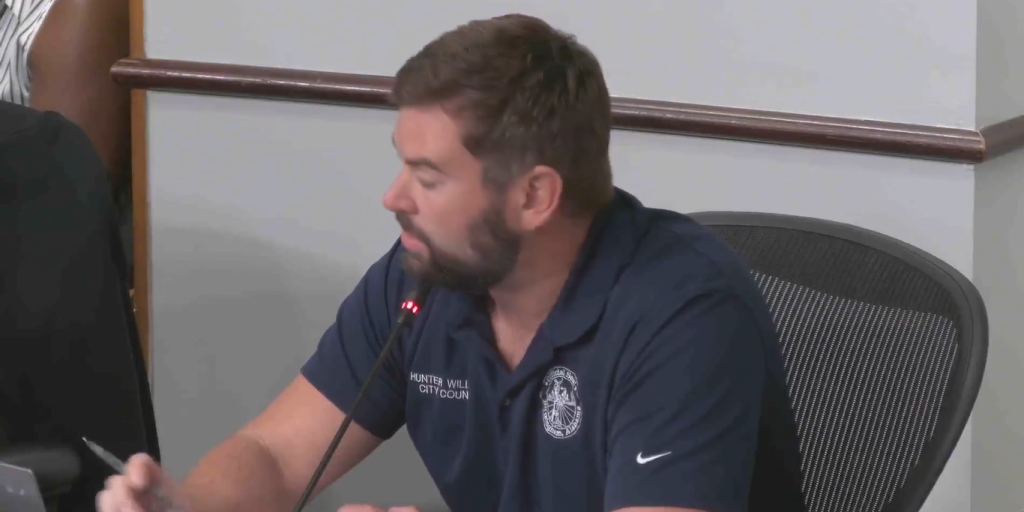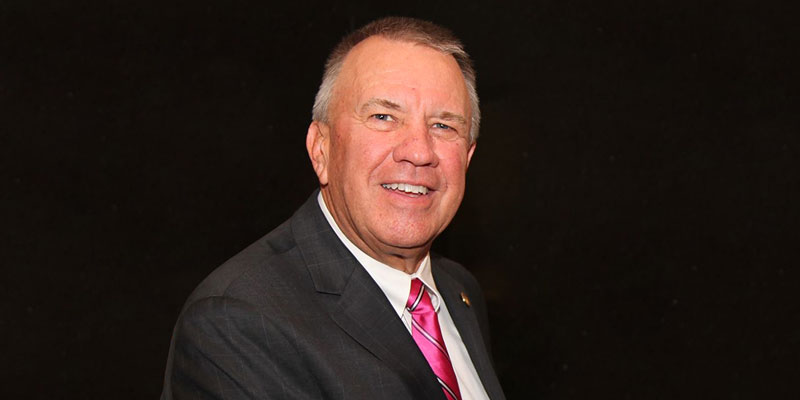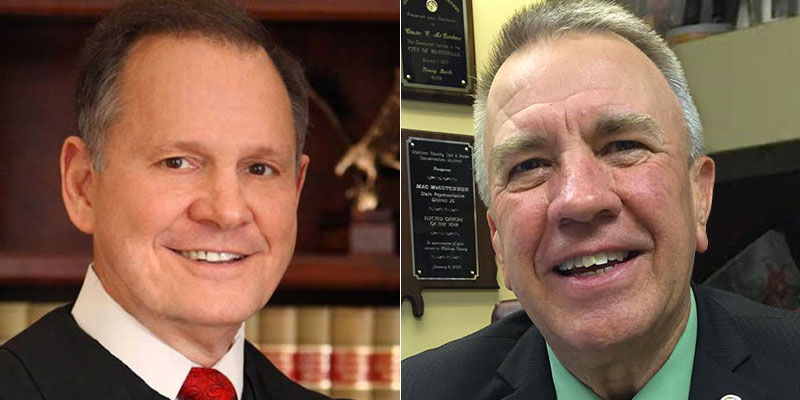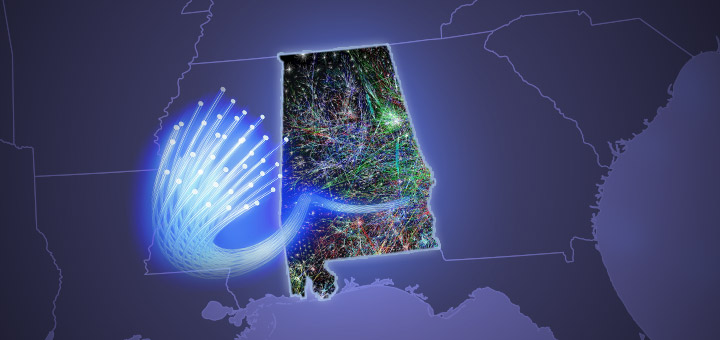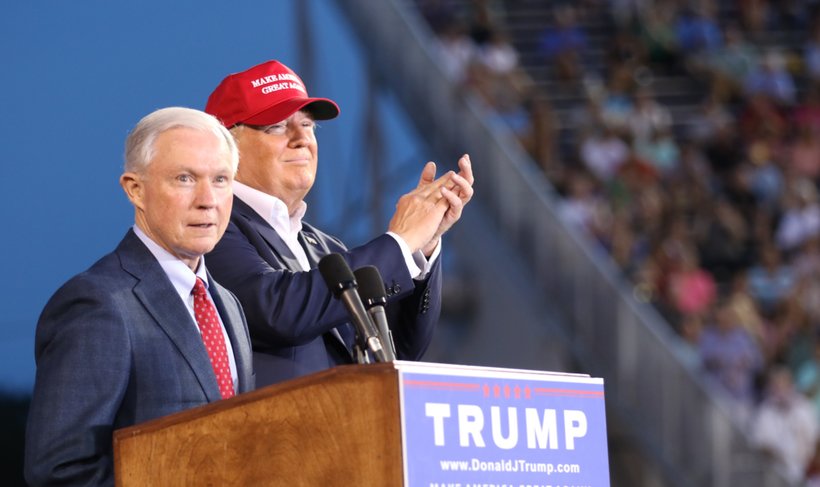
By Rep. Mac McCutcheon and Rep. Laura Hall
Every modern politician — from mayors and members of city councils, to those who serve in the legislature — has an obligation to ensure that responsible policies are enacted in order to help their residents and businesses compete in a global economy. Part of this obligation is to provide the infrastructure that allows residents and private industry to succeed. The success of Thomas Edison’s light bulb was only fully realized after government helped create the conditions that made it possible for private industry to make electricity more readily accessible to all. Access to electricity spurred a decades long period of economic growth throughout the country. And now, the situation with broadband internet is no different. Communities across the country are beginning to see that access to abundant bandwidth is having a similarly transformative impact on the economy.
Today, for a community like Huntsville, broadband access is no longer a luxury. It is an imperative. Given the makeup of our economy, in-home broadband is critical to attracting and retaining companies and improving local government services and operations. It is also becoming an increasingly effective way for local utilities to manage the flow of information and resources delivered to their customers.
That is why Huntsville Utilities’ decision to build a fiber broadband network is such a welcome announcement. It will not only support a municipal smart energy grid, but will also allow any company in private industry to bring ultra-fast, high speed broadband to homes and small businesses. Huntsville Utilities has an over 75 year history of being responsible stewards of public funds, while delivering award winning services to all segments of the community within their coverage area. We’re ready now to be part of the wave of communities that benefit from ultrafast Internet access.
This investment is likely to have immediate effects on our community. For example, Google Fiber has already announced they will serve as the first tenant on the system, with plans to offer competitive gigabit fiber services to Huntsville residents and small businesses. Research has shown that communities with gigabit services have exhibited a per capita GDP approximately 1.1 percent higher than similarly situated communities without gigabit service. While investment in the physical infrastructure will create immediate jobs for our area, it will also provide a boost to our economy by strengthening small businesses, supporting entrepreneurs, and serving as a catalyst to help grow new businesses.
In the communities around the country with gigabit fiber networks, there are stories of data centers, new office parks and entrepreneurial micro-communities springing up to take advantage of better, faster networks. The market agrees: the ratings agency Fitch upgraded Kansas City, Missouri’s bond ratings after Google started rolling out its Fiber service there, noting the potential for it “[…] to make a significant economic impact.”
RELATED: ‘This is what heaven looks like’: Internet speed test shows what Google Fiber brings to Alabama
Beyond the impact on the business environment, fiber to the home services have been extremely beneficial for consumers. Research indicates a gigabit fiber to the home connection can add up to 3.1% to the value of a home. And deployments of high-speed fiber optic services in other communities have set off races to turn on cheap, fast Internet service. As we work as elected officials to tackle the challenges posed by economic inequality, public-private partnerships are often the perfect tools to help enlist market forces to level the playing field for all participants. The competition amongst providers means more services and offerings for consumers to choose from.
Some would argue that any action by the government in this area is an interference in the free market. We disagree. Huntsville Utilities is not planning to compete with private broadband providers; instead, they are leasing to private parties — lowering the barriers for market competition. This sort of arrangement plays to the different strengths of cities and the private sector — cities often invest in and maintain durable infrastructure that’s core to the community, while private entities are generally better at providing a commercial service. What’s more, in the broadband context, cities have long invested in ‘dig once’ policies to put conduit in the ground, which public and private entities use. This model simply takes things one step further.
Access to ultra high-speed fiber networks won’t transform our community overnight. But, by encouraging public and private partnerships, we have an opportunity to make an investment in the future. One that — like electricity — will pay dividends for decades to come.
Rep. Mac McCutcheon is the Chairman of the Rules Committee in the Alabama House of Representatives. He is a Republican and represents House District 25, which includes portions of Huntsville, Madison City, Capshaw, Monrovia and East Limestone. Representative Laura Hall represents District 19, which includes portions of Huntsville. She is a Democrat and serves as the Chairperson for the Governor’s Commission on AIDS.




